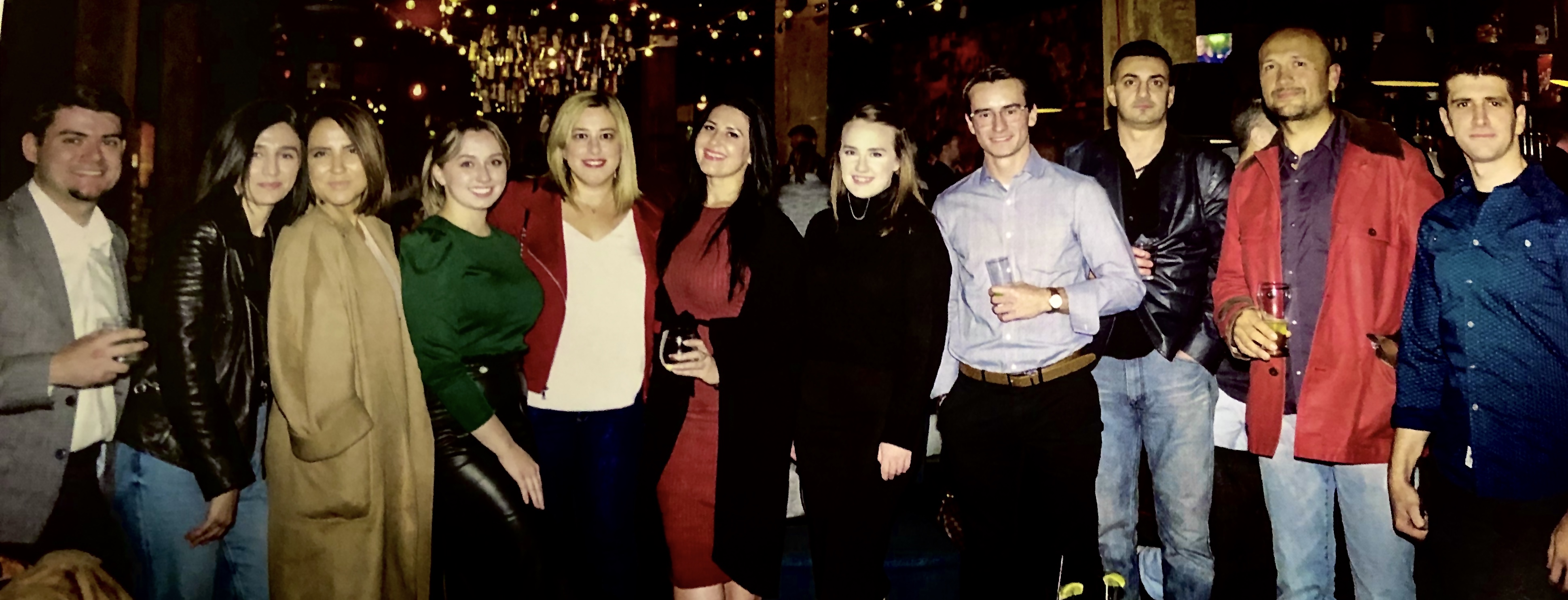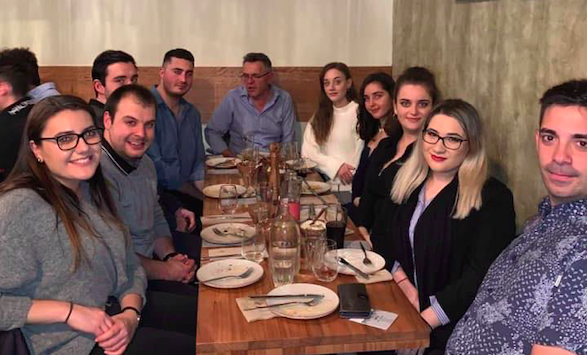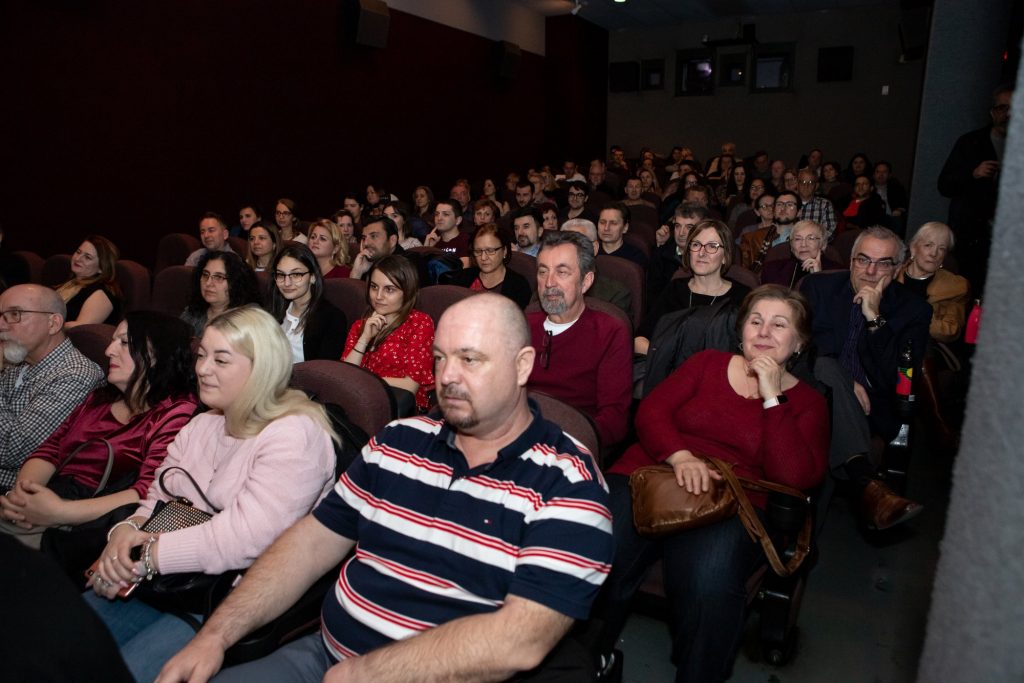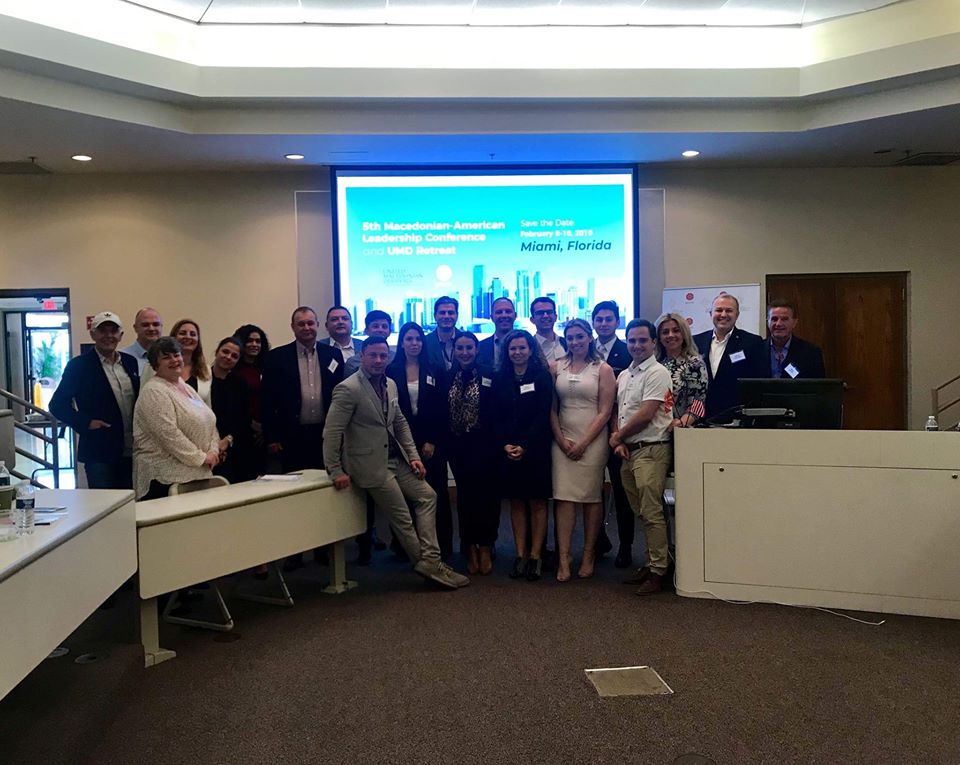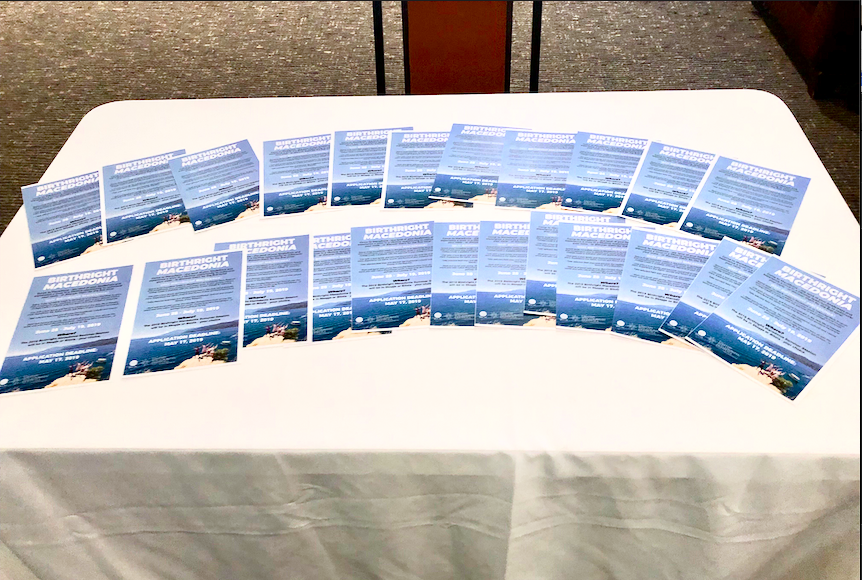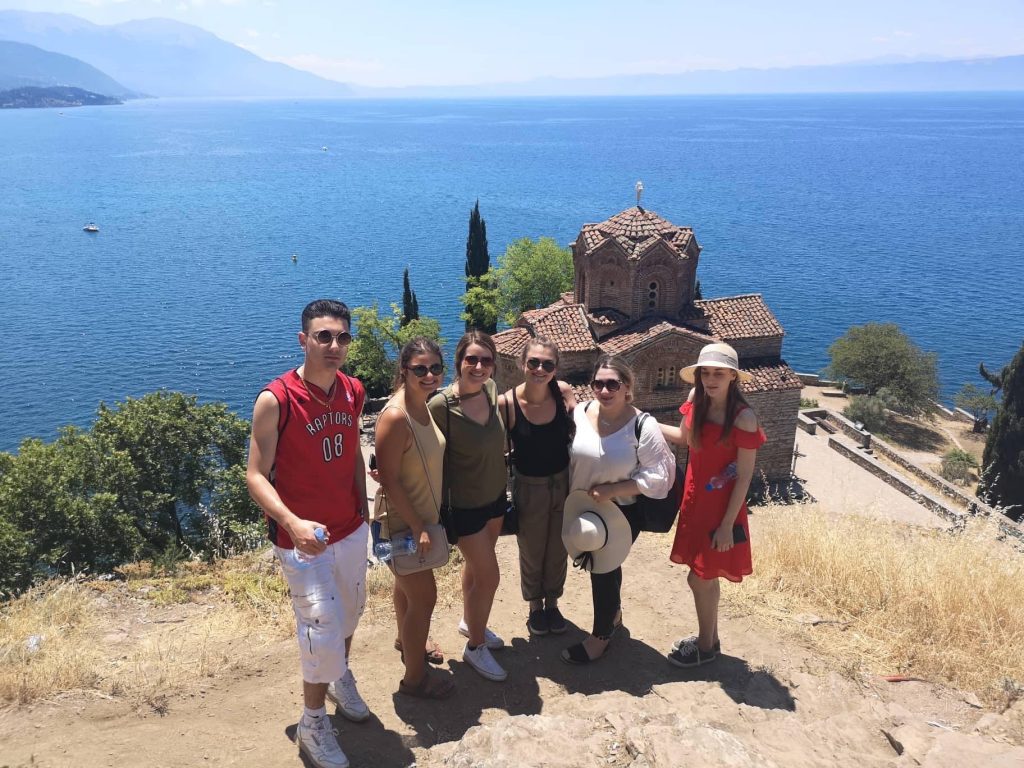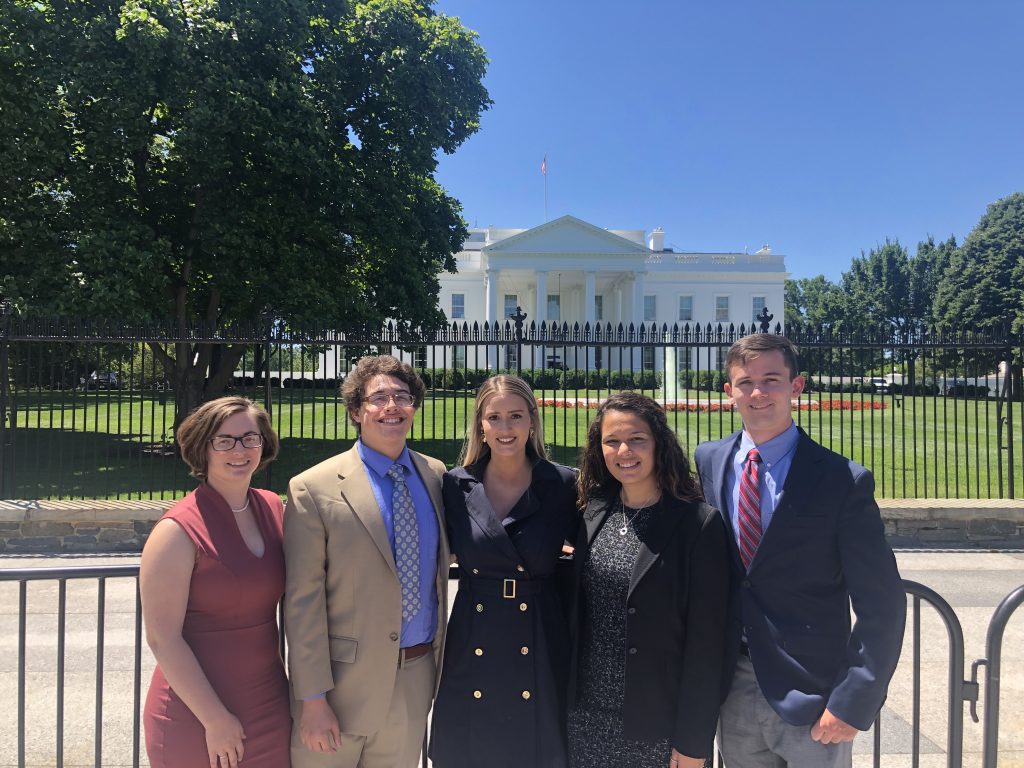The term “genocide” was first coined by Polish lawyer Raphael Lemkin in 1944, and has since been defined in the United Nations Convention on the Prevention and Punishment of the Crime of Genocide as:
‘… with intent to destroy, in whole or in part, a national, ethnic, racial or religious group, as such:
- Killing members of the group;
- Causing serious bodily or mental harm to members of the group;
- Deliberately inflicting on the group conditions of life calculated to bring about its physical destruction in whole or in part;
- Imposing measures intended to prevent births within the group; (e) Forcibly transferring children of the group to another group
Yet, we often overlook and don’t talk enough about the genocide of culture, identity, language and tradition. Indeed, Lemkin himself initially referred to the annihilation of groups, including the destruction of culture, identity and language along with national feelings, personal security, liberty and dignity. Although not being explicitly referred to in the official UN definition of the term, these elements are nonetheless present within The Convention itself.
As a student of International Relations and Human Rights, this has often led me to think about the effects of genocides on later generations, effects as such that could arguably be referred to as a ‘modern day genocide’ regarding issues such as the continual denial of a nations right of self-determination, its citizens and those within the diaspora’s right to self-identify, the refusal of property rights, denying language schools and so on and so forth. Furthermore, during the course of my degree at Monash University, I have read theories and indeed noticed that in academic circles there is often a hierarchy of what counts as legitimate ontology and epistemology, or rather, what is legitimate knowledge and how we know that to be. In this regard, there is a hierarchy of what counts as a legitimate culture and/or identity. In this sense the concept of ‘othering,’ also arises, where one’s own sense of identity is framed in response to some ‘other,’ which tends to be singled out, repressed, appropriated or excluded. It is with these concepts in mind where personal experiences have highlighted those effects regarding the continuation, as well as, the effects of past genocides in the modern day and age. My argument here is that past genocide not only affects those that lived throughout that trauma, but it also affects their kin, as well as those that identify with that specific, and targeted, national, ethnic, racial or religious group.
Now, what do I mean by this in the context of Macedonia? Well first and foremost I identify as a Macedonian born in Australia, but as someone who is also the granddaughter of one of the Decata Begalci (“the Refugee Children”), who were forcibly displaced from Aegean Macedonia (what is today in Greece). So, you can see how the current events concerning Macedonia’s name change and the deal with Greece for accession to the European Union is an international relations and human rights issue that strikes protest within me.
I do not want to attempt to go into debates about whether Macedonia should or shouldn’t become the Republic of North Macedonia, and whether this as a means of European integration will bring “zivot vo Makedonija” (“life to Macedonia”) … although some of you can probably guess my stance on this, the point I am trying to highlight is that past events, in conjunction with political tensions, have a significant influence and effect in prolonging present-day injustices. In this regard, families and to some degree national groups affected by genocides arguably cannot in whole remove themselves from the past.
For example, my grandma’s experiences during the Greek Civil War impacted how she was treated by Greek border officials 30 years later, and even today when striking a conversation with a stranger at the local Deli and being told “Macedonian? But aren’t you Greek, you Greek!” highlights the continual aspects of discrimination at a local level, which in effect relates to and is a consequence of those past and present political issues at a national and international level, such as Macedonia’s name change.
You might now ask, but how have I directly experienced this? A 21-year-old in her final semester of her Bachelor’s Degree, who in assumption should be surrounded by professional academics, whose motto is ‘question everything,’ and who encourage one to think critically about international relations and theory. And the answer is yes, I have definitely experienced this and rather by those academics themselves. Although they may be ill-informed or see the issues concerning Macedonia differently to me, this does not hide the fact that I have indeed been condescendingly told ‘we will not refer to it (Macedonia) as Macedonia, we will refer to it as FYROM because that’s its official name’… despite the fact that its official constitutional name is The Republic of Macedonia, which has also been internationally recognised by some 140 countries including Russia and the U.S.
Furthermore, in the height of the Prespa agreement (which moreover violates the constitution of Macedonia) signed by Zoran Zaev and Alexis Tsipras, close friends of mine travelling around Europe at the time had been satirically laughed at. Laughed at the fact that they called themselves Macedonian, considering that ironically, ‘Macedonia never was and never will be Macedonian.’ And although we in the diaspora, are continually being told that we do not have a say because we are not living under Macedonia’s current poor standards, in my view, do have a say. For what decisions are made at a national and domestic level by Macedonia, has a direct effect on how we will be identified as within the diaspora, not to mention those of us who possess documents stamped with ‘The Republic of Macedonia,’ which over time will have to be changed.
A country should not be forced to change who and what it is, or for that matter be forced by others to change its name under any condition at all, including whether that be for European integration. The effects of this concerning current political tensions which Macedonia is battling with, emphasises the influences which past events in correlation with political tensions have on contemporary issues and prejudices, and more importantly on prolonging them, rather than coming to an equitable solution.
So then, if Macedonia does indeed change its name and constitution under such external and indeed internal pressures, this will not only affect the identity politics of Macedonian people currently living there but will also affect how those are identified within the diaspora. This is not just about improving Macedonia’s standards, but it’s about the continual oppression and manipulation of one specific ethnic group and nation, and a failure in recognising and giving justice to those genocide survivors and their families from 72 years ago. And in the context of needing to break barriers, despite being continually disregarded and silenced, the infamous quote of “nevertheless she persisted” elucidates to the reality that, so too, will majka Makedonija (mother Macedonia).
—
The views of the author may not necessarily reflect the views of the United Macedonian Diaspora and Generation M.



